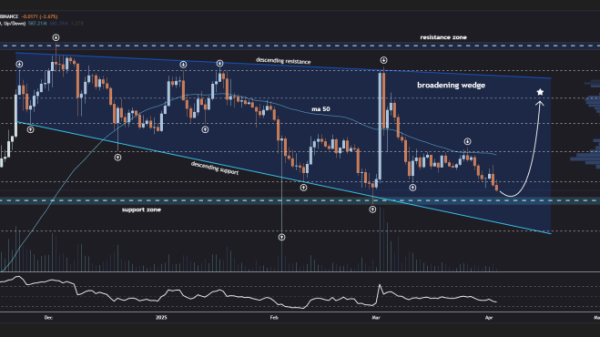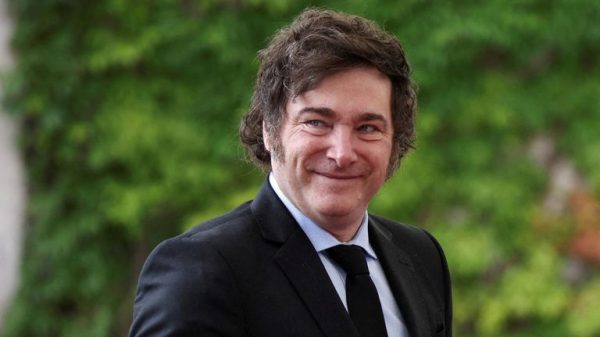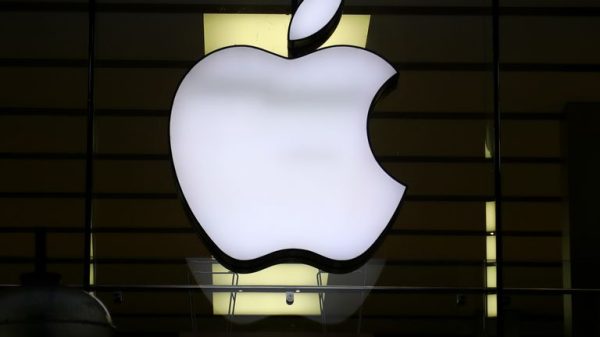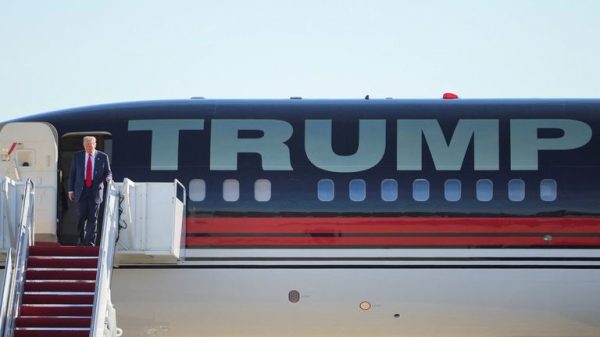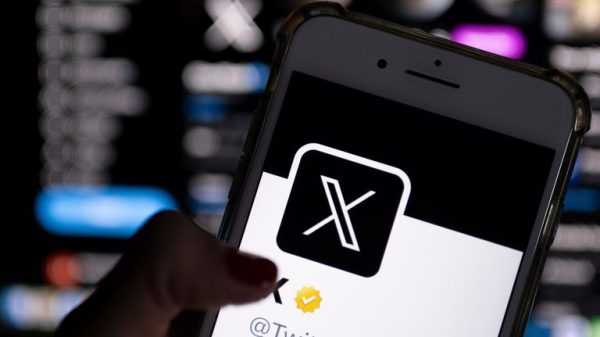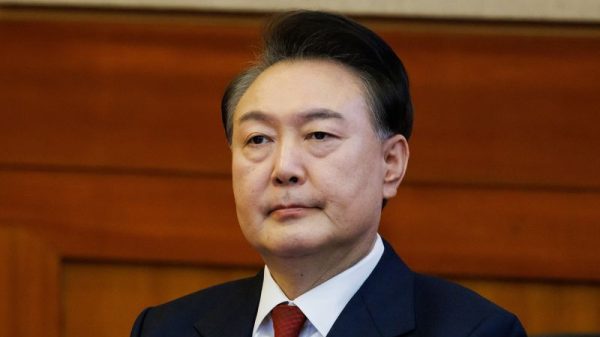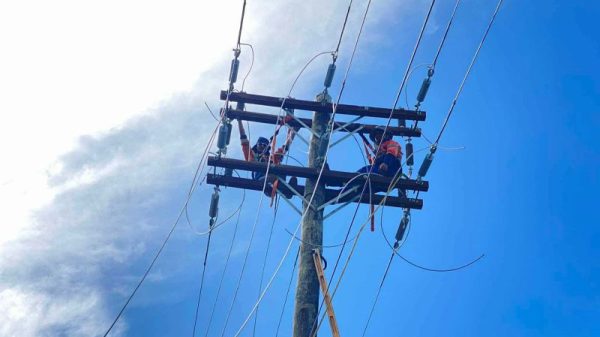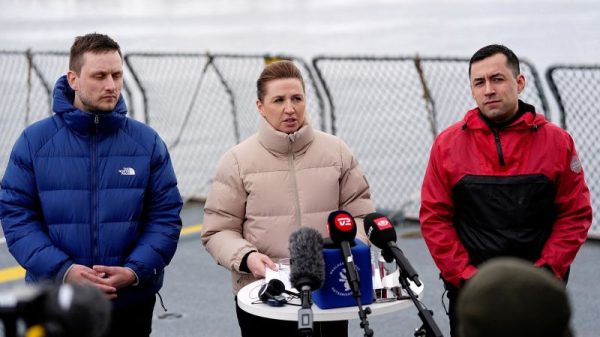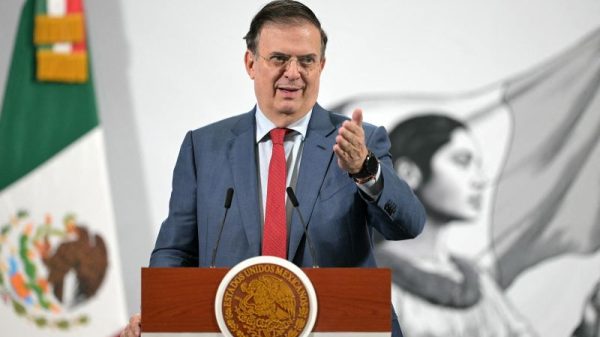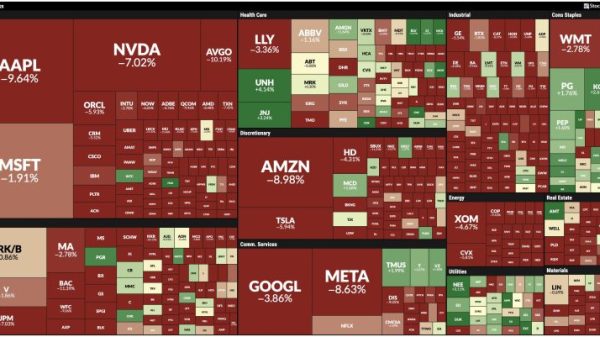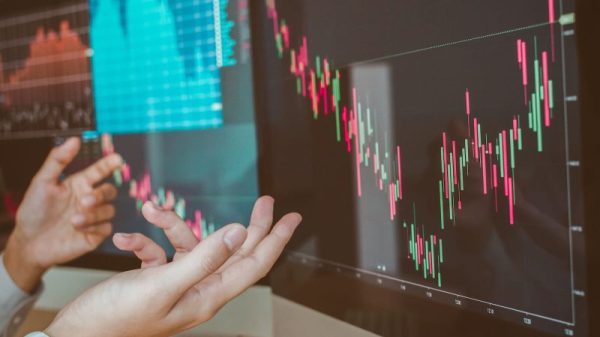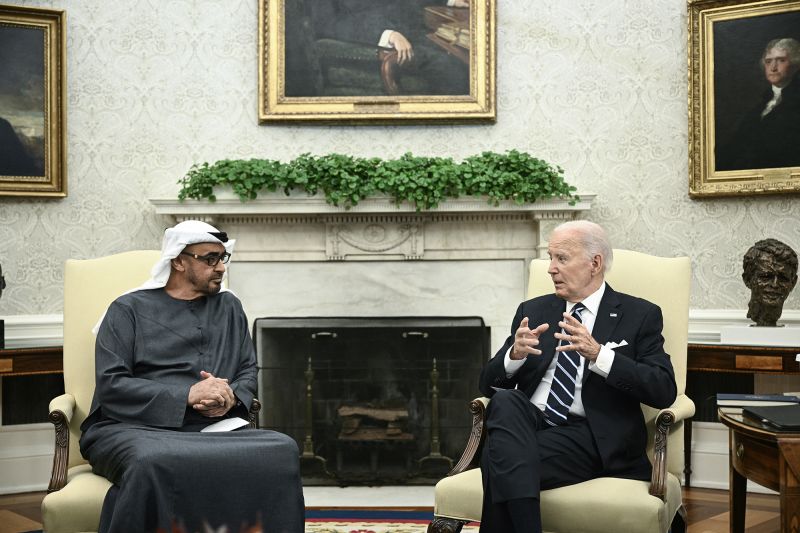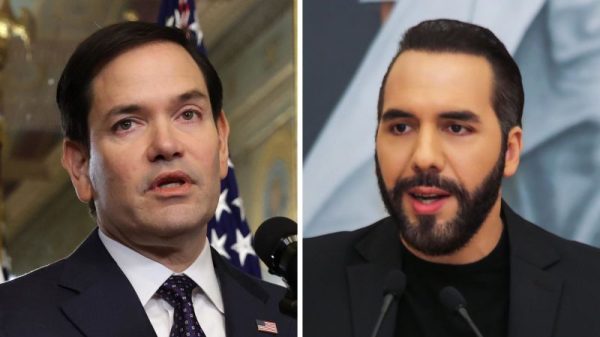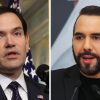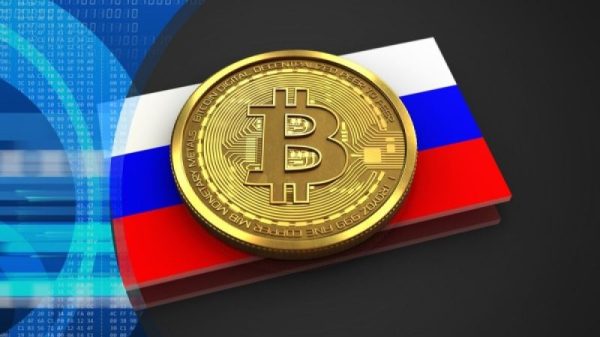The first-ever visit by a president of the United Arab Emirates to the White House took place this week as Israel’s war in Gaza expanded to Lebanon. That war, however, was not at the top of the agenda in talks with US officials.
US President Biden, Vice President Kamala Harris, National Security Adviser Jake Sullivan and UAE president Sheikh Mohammed bin Zayed instead prioritized their discussions around a set of technological and economic deals between both countries centered around artificial intelligence (AI) and the infrastructure needed to develop the growing technology.
“The UAE is a nation of trailblazers that’s always looking to the future – always making big bets… In fact, it’s a cornerstone of our growing cooperation, in AI, in clean energy, in space, in investing in infrastructure to connect regions,” Biden said in the Oval Office on Monday alongside the UAE president. “Today we honor that legacy in carrying our relationship forward as the UAE will become a major defense partner with the United States.”
Sheikh Mohammed responded that the UAE has “a firm and unwavering commitment to work with the USA for the sake of deepening the strategic partnership between our two nations”
The White House said the leaders charted “an ambitious course” to lead global efforts to develop and expand advanced technologies.
The UAE president’s visit to the US “was mostly and almost exclusively about the future,” Gargash said. “It was about the economy. It’s about technology, and about the UAE bid to partner in what is the technology of the future…The AI component was “front and center in the discussion.”
The UAE is the second-largest Arab economy, a top oil exporter and major investor in the US economy. One of the US’ closest allies in the Middle East and a major recipient of US arms, it hosts 5,000 US military personnel. It now seeks to significantly upgrade the “360-degree relationship,” according to Gargash, through an ambitious plan to become a regional technology and AI hub as the US moves to protect its national security and tech industries from Chinese influence.
Abandoning advanced Chinese technology
The deal, struck under the Donald Trump administration, was seen as a reward for the UAE’s normalization of relations with Israel in 2020. But the Biden administration repeatedly pushed the UAE to drop China’s Huawei Technologies Co. from its telecommunications network, and claimed that the technology could pose a security risk for its weapons systems.
Wary of being deprived of US technology, the UAE has since abandoned closer cooperation with China in the field of AI and semiconductors in favor of the US. Earlier this year, Abu Dhabi’s state-backed technology firm G42 announced it had agreed not to engage with Chinese companies for advanced technology. The Financial Times reported earlier this year that the company had off-loaded all investments in China as a pledge to its commitment for its “US partners.”
In Washington on Tuesday, Sheikh Mohamed met with the chief executives of chipmaker NVIDIA, asset manager Blackrock and Microsoft – three US firms that recently partnered with MGX, an Abu Dhabi-owned firm seeking to raise $100 billion to fund AI infrastructure, AI-enabled technology, and semiconductors in the US and beyond.
Despite the focus on technology, discussions with US officials did include the war in Gaza and Lebanon, Gargash said, adding that de-escalation is the “main goal.”
Beyond providing humanitarian aid in Gaza, Abu Dhabi has so far refused to contribute to the rebuilding of the territory without a clear commitment by Israel for a two-state solution to the Israeli-Palestinian conflict.
“It’s very complicated,” Gargash, who previously served as the UAE’s minister of state for foreign affairs, said. “We think that maximalist views are hindering the sort of consensus on a day after (the war). And we’re worried without a clear day after, any attempt really at the ceasefire might appear futile.”
Still, he defended the UAE’s decision to normalize relations with Israel and said the agreement is a “component of a future Middle East that is based on compromise” and one that could provide a “different architecture” for the region.
He said the two pillars of the UAE’s policy are stability and prosperity. “I think we also have a responsibility towards regional stability and regional prosperity….You can’t prosper alone. You have to prosper collectively.”


